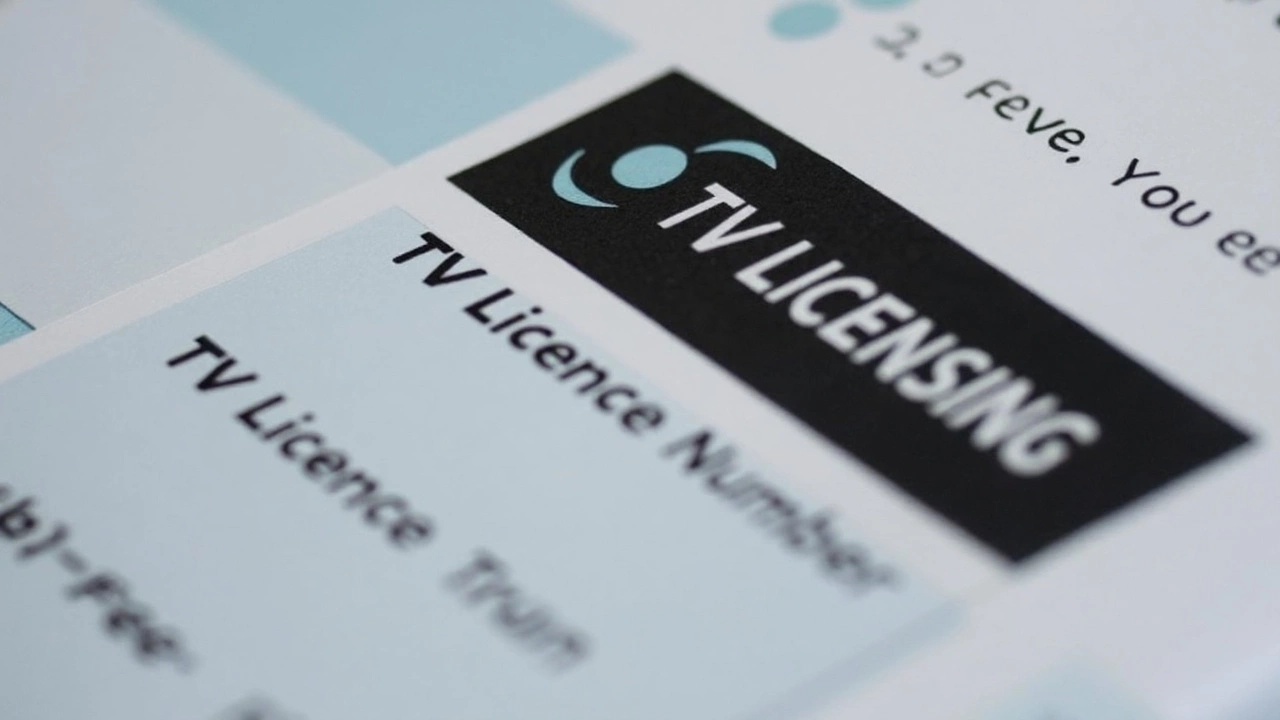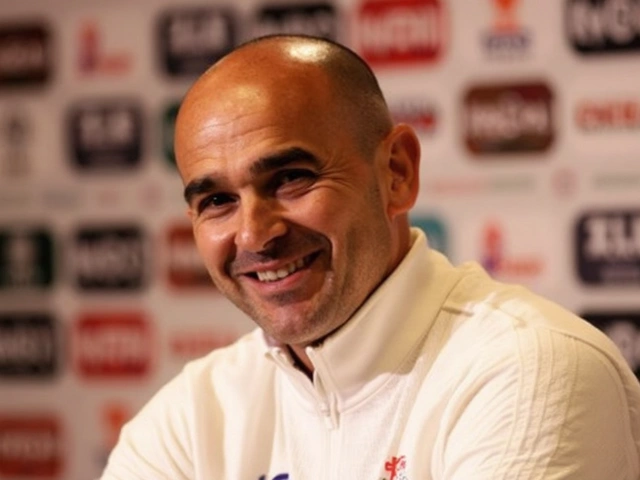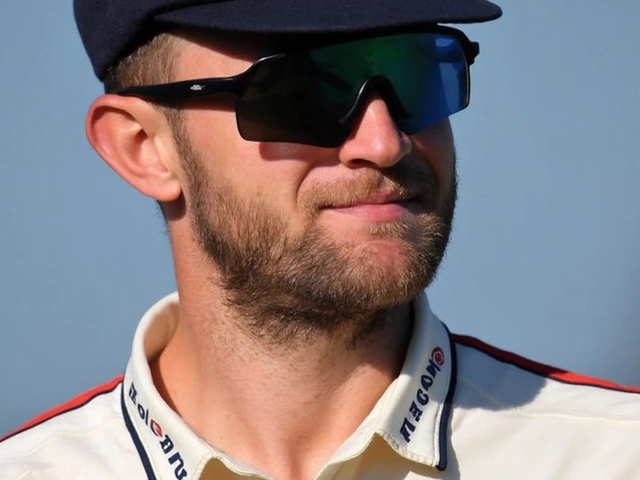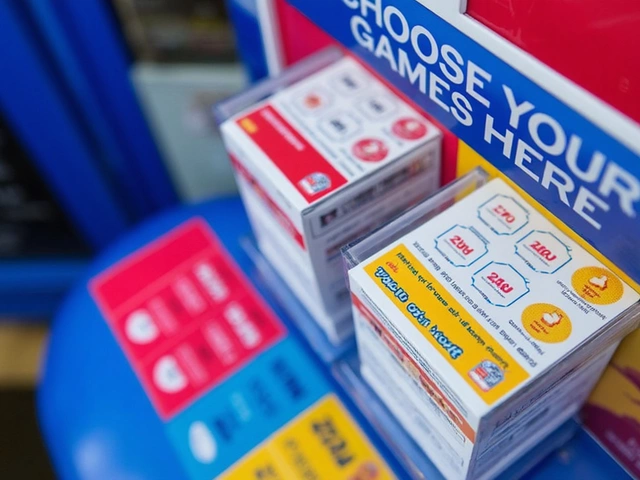TV Licences: The Quick Guide for Sports Fans
If you love catching a live match on TV, you probably have heard the term “TV licence”. It’s a simple idea – you need a licence to watch or record live TV in the UK. Without it, you could face a fine, and you might miss out on that crucial game. Below we break down everything you need to know, from cost to how to apply, in plain English.
Why a TV Licence Matters for Sports
Every time you tune into a Premier League match, a Formula 1 race, or a rugby test on a TV channel, the broadcaster is using licence fee money to produce the content. That fee keeps the BBC and other public services running, and it also supports the production of sports programmes that aren’t always sold to commercial channels. In short, your licence helps fund the right‑to‑watch live sport on free‑to‑air TV.
How Much Does It Cost?
The standard TV licence price for an individual household is £159.00 per year (as of 2025). If you only need it for a colour TV or a device that can receive live streams, the price is the same – the licence covers any device that can show live broadcast, whether it’s a TV set, a laptop, or a tablet. There are discounts for people over 75, and some households qualify for a free licence if they receive certain benefits.
Many sports fans ask whether a streaming subscription like Netflix or Amazon Prime counts as a TV licence. The answer is no – those services only show on‑demand content. If you watch live sport on a channel that is broadcasting over the air or via satellite, you still need a licence.
Getting a TV Licence – Step by Step
1. Visit the official licence website. The site lets you fill out a simple form online.
2. Choose the type of licence. Most people pick the standard residential licence, but you can also get a business licence if you run a venue that shows live sport.
3. Enter your details. You’ll need your address, contact number, and a payment method.
4. Pay the fee. You can pay the full year in one go or set up monthly direct debits.
5. Receive confirmation. You’ll get an email or text confirming your licence is active. Keep the reference number safe – you’ll need it if you ever want to cancel.
Exemptions and Special Cases
Not everyone needs a licence. If you only watch recorded programmes, on‑demand services, or use a TV that never connects to a broadcast signal, you’re exempt. Also, charities, schools, and hospitals often have separate agreements, so they don’t need a household licence.
If you think you qualify for an exemption, you can fill out an online exemption form. The process is quick, and you’ll get a confirmation email if it’s approved.
What Happens If You Forget to Get One?
Missing a licence can lead to a fine of up to £1,000. The enforcement team usually sends a reminder first, but it’s better to stay on top of it. If you’re unsure whether you need a licence, a quick check on the official site will clear it up.
In the end, a TV licence is a small price to pay for uninterrupted access to your favourite sports. It keeps the broadcasters funded, ensures quality coverage, and lets you watch every goal, try, and finish line without a hitch.
Got more questions about licences or how they affect your sports viewing? Drop a comment below or reach out to the licence support team – they’re happy to help.
Kieran Lockhart, Mar, 28 2025
Scotland's Minister Criticizes 'Unacceptable' End of Free TV Licences for Pensioners
Scotland’s Minister for Older People has harshly criticized a decision to eliminate free TV licences for pensioners, labeling it as unacceptable. The Minister argued that this move will impose serious financial hardship on the elderly, many of whom depend on television for companionship and information. This decision has sparked debates on how best to fund the BBC while ensuring fair access to media for all, particularly vulnerable populations.
View More




